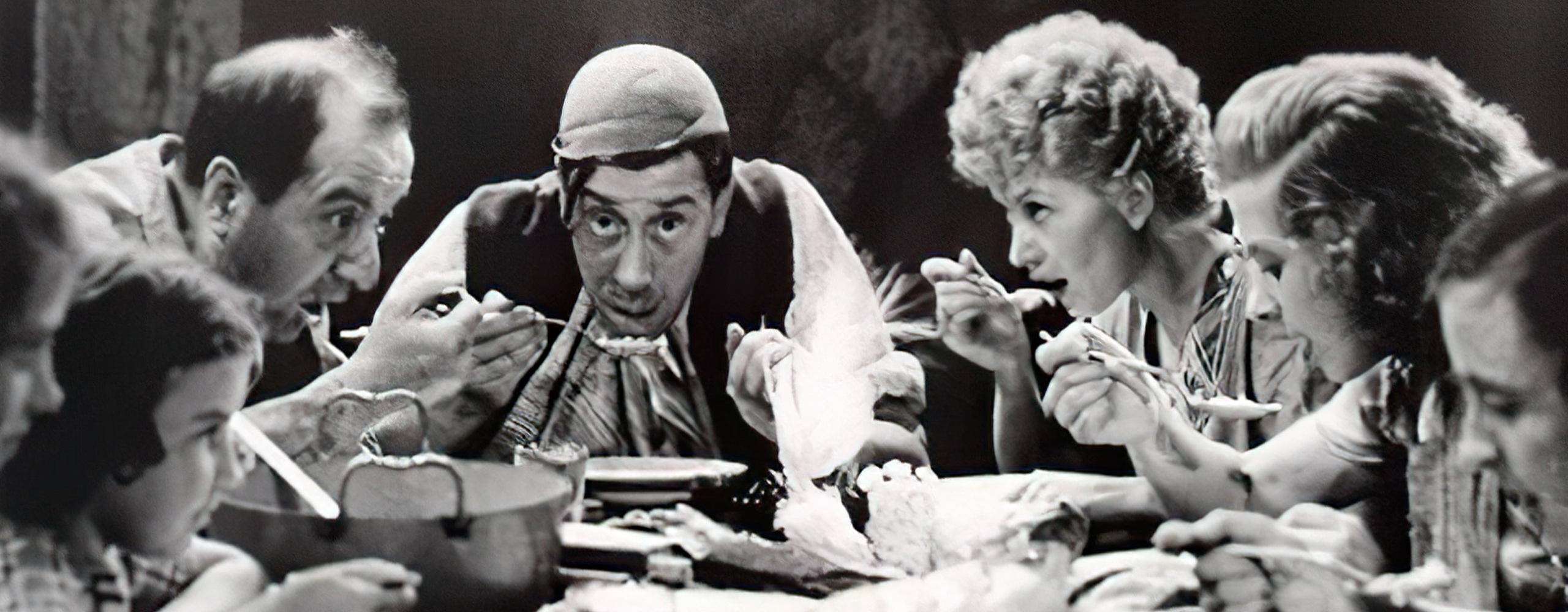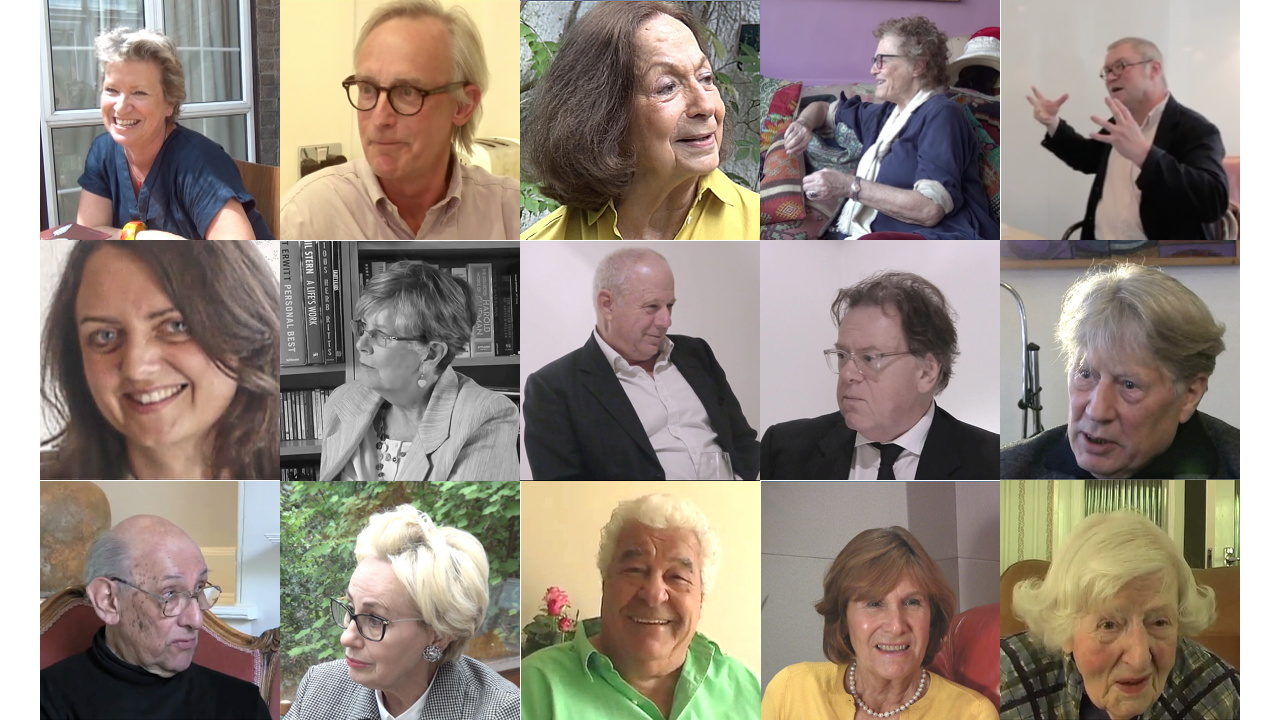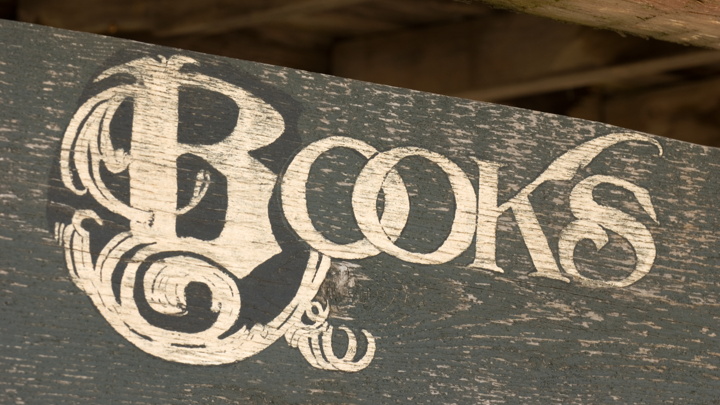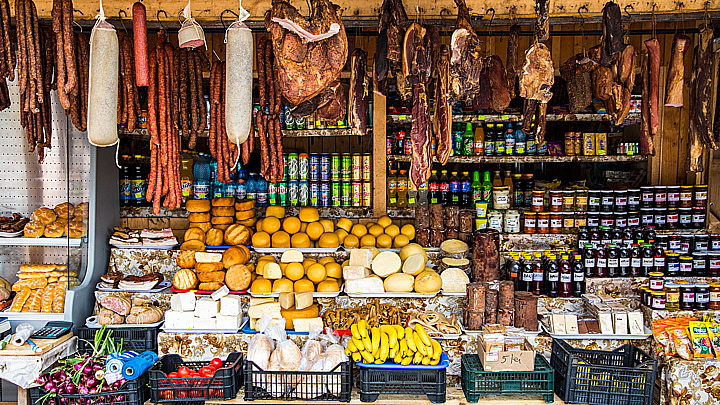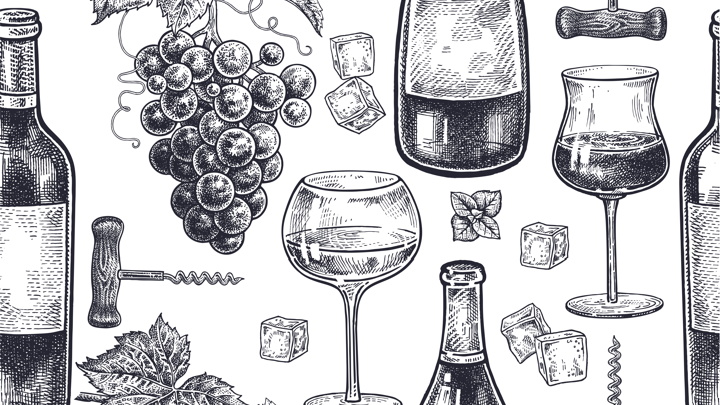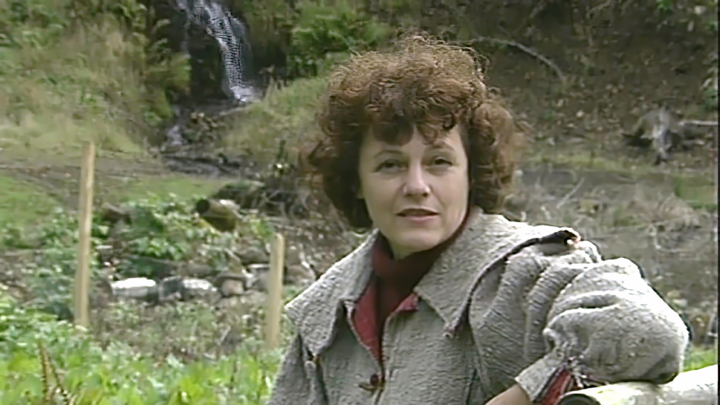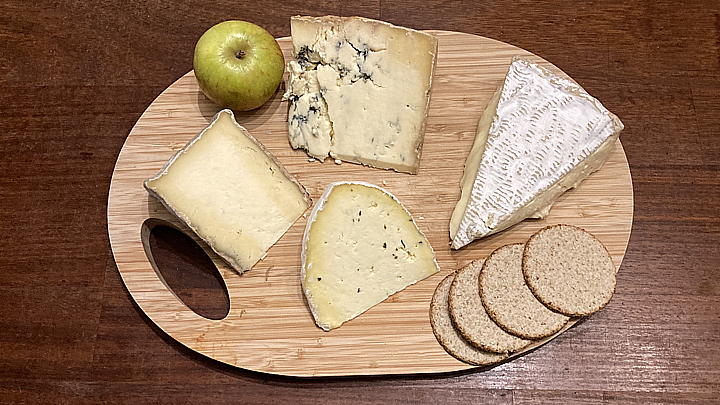About Talking of Food
Talking of Food is a magazine website set up by a group of people who love not only food but also the diversity of its culture. It is not bound by ideology or momentary fads but has an open mind towards opposing views. Its contributors are often experts in their field and discuss wide ranging subjects such as antibiotics in the food-chain, the opposing arguments on GM food or the future of food. On a lighter note see how they make noodles in China or follow Elisabeth Luard's classic series on European Peasant Cookery.
Wine Titbits
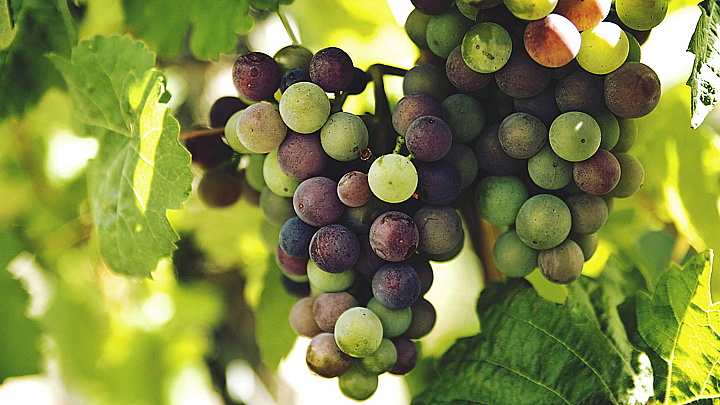
Is wine made for tasting or drinking?
Would you want to drink more than a glass? This was a discussion I had with Tim Johnston at the infamous Juveniles Wine Bar in Paris, which has an excellent wine list that is based on the premise that you would like to order another glass! He is obviously of the opinion that an extra glass is good for business and buys wine accordingly, yet still interestingly!
Richard Craig on Californian Chardonnay...
It follows that, at a recent high profile tasting in West London attended by wine makers and wine journalists, we were treated to some top dollar Californian Chardonnay, Zinfandel and Cabernet Blends.
Whilst we could all see the qualities of all these wines, the Zinfandels and Cabernet blends are some of the finest in California and delicious to taste and even at their fairly youthful stage, good to drink. It is the Chardonnays and many Californian Chardonnays that I have issues with. In the glass they were aromatic, rich, oaky, complex and hugely concentrated. Fruit and acidity were perfectly balanced, alcohol, medium to high, wine-making was technically superb. Great to taste! Drink more than a glass? Not sure!
Would these Chardonnays be suitable as an aperitif wine? No! Typically aperitif wines are light to medium bodied, fresh, often high acidity, unoaked, sometimes fizzy and envigorate the pallet.
Would they go well with food? Not so good with oysters or other seafood, too powerful for many white meat and chicken dishes; perhaps something spicy, though it wouldn't be my choice!
Are they meant for ageing? The top of the range do age. The acidity softens, but the oak becomes more dominant and the fruit dissipates. I prefer them in their youth when the fruit is still primary and vibrant but only one glass!
So what is the point? Why make such wines?
Is it to score Parker points? Wine Spectator points? The wines sell very well worldwide, though the quantities produced are small, somebody must drink them! I wonder how many purchasers have tasted it before purchasing. Do they buy them because of the reputation of the reds? How many purchase further cases/bottles?
These were very fine wines, but wouldn't you rather drink a glass of delicious, unoaked, elegant, medium bodied, low to medium alcohol Chardonnay from the Macconais at one third the price and then have another glass?
Featured posts
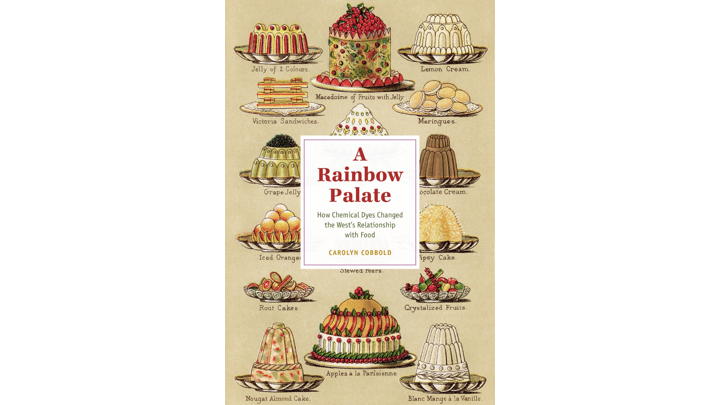
A Rainbow Palate: How Chemical Dyes Changed the West's Relationship with Food
If you opened a can of baked beans to discover a brown gloopy sauce containing brown haricot beans, rather than the orange-red sauce and beans you were expecting, what thoughts would run through your head?
Dr Carolyn Cobbold’s research interests are science and food in the nineteenth and twentieth centuries. She has recorded two extracts from her book A Rainbow Palate: How Chemical Dyes Changed the West’s Relationship with Food for Talking of Food
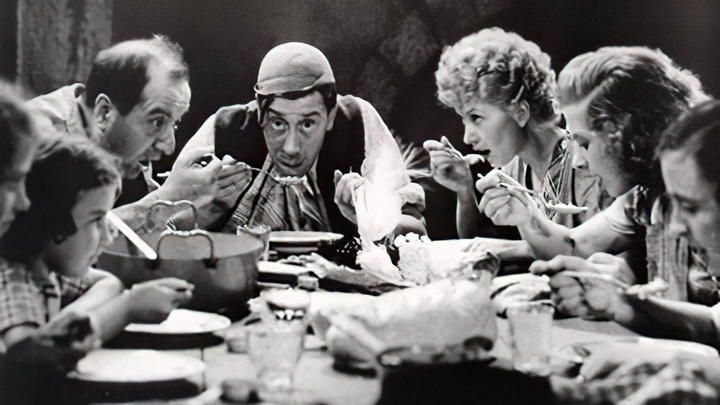
Announcement
Talking of Food has moved
Although the site has migrated to the new server, there is still work to be done and some of the content of the site will still be unavailable for a while.

Nicholas Culpeper: The Complete Herbal
Not only do many modern medicines have their origins in herbal medicine, more and more people are turning to herbal preparations—with or without also accepting modern drugs, vaccines and medications—and alternative, traditional treatments are popular. At Talking of Food we have our series on Vitamins, so we have decided to look into one of the most celebrated of herbalists, Nicholas Culpeper.

